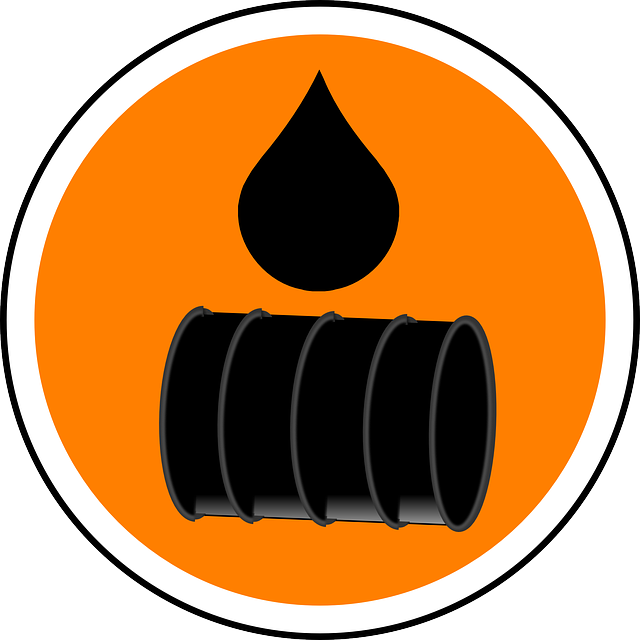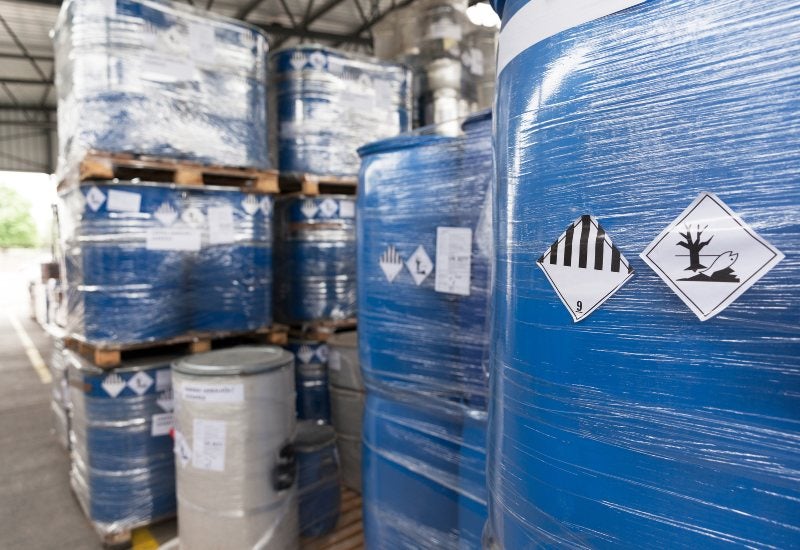Industrial Wastewater Treatment: Customized Solutions for Complicated Wastewater Difficulties
Industrial Wastewater Treatment: Customized Solutions for Complicated Wastewater Difficulties
Blog Article
Comprehending the Comprehensive Process of Liquid Garbage Disposal: Ideal Practices and Environmental Effect Considerations
The administration of liquid waste disposal is a complex problem that requires a detailed understanding of various ideal techniques and their linked ecological impacts. From the types of liquid waste produced to the approaches utilized for collection, therapy, and final disposal, each action plays an essential duty in protecting environments and public health.
Sorts Of Fluid Waste
Recognizing the various kinds of liquid waste is necessary for efficient administration and disposal techniques. Liquid waste can be extensively categorized right into several kinds, each calling for special handling and treatment approaches.
Industrial fluid waste typically includes dangerous materials, including hefty steels, solvents, and chemicals, produced during manufacturing procedures. These wastes necessitate strict regulatory conformity to shield human health and the environment. Residential liquid waste mostly describes wastewater created from houses, including sewage and greywater, which, although less toxic, can still position substantial dangers if incorrectly handled.
Agricultural fluid waste, including runoff from ranches, frequently contains fertilizers and pesticides that can lead to ecological deterioration otherwise treated sufficiently. Clinical liquid waste, created from healthcare centers, consists of infected liquids such as bodily liquids and chemicals, requiring specialized disposal methods to stop infection and environmental contamination.
Lastly, oil and oil waste, commonly created by dining establishments and automotive industries, can trigger severe blockages in sewer systems if not handled effectively. Recognizing these categories promotes targeted strategies for treatment, compliance with guidelines, and reliable disposal methods, eventually advertising ecological sustainability and public wellness security.

Collection Methods
Reliable collection approaches are essential for the proper management of fluid waste, guaranteeing that it is gathered securely and effectively before therapy or disposal. Various strategies are employed relying on the type of fluid waste generated, the quantity, and the specific attributes of the waste.
One common technique is using specialized collection tanks or sumps, which are created to record liquid waste at the resource. These systems frequently include pumps that help with the transfer of waste to bigger storage containers or treatment centers. Additionally, mobile collection systems outfitted with vacuum innovation are used in situations where waste is created intermittently or in hard-to-reach places.
For commercial settings, closed-loop systems can successfully decrease spills and leaks, permitting for the recuperation and reuse of liquid waste. It is likewise important to train personnel on appropriate collection methods to mitigate dangers connected with unsafe substances.
Additionally, carrying out normal upkeep timetables for collection equipment ensures optimal performance and safety and security. The combination of sophisticated monitoring systems can improve collection effectiveness by giving real-time data on waste levels and prospective risks. On the whole, reliable collection approaches are foundational to lasting fluid waste management practices.
Treatment Procedures
Therapy processes play a crucial duty in the monitoring of fluid waste, changing potentially dangerous materials into multiple-use sources or risk-free effluents - liquid waste disposal. These processes can be broadly categorized look at this site right into physical, chemical, and organic techniques, each tailored to address specific impurities existing in the waste stream
Physical treatment methods, such as sedimentation and filtration, job by getting rid of suspended solids and particulate issue. These strategies are often the initial step in the treatment chain, efficiently reducing the lots on succeeding processes. Chemical therapies involve making use of reagents to counteract dangerous compounds, precipitate hefty metals, or oxidize natural contaminants, thus enhancing the security of the effluent.
Biological treatment processes, including triggered sludge systems and anaerobic food digestion, take advantage of the all-natural abilities of microbes to degrade raw material. These methods are especially effective for wastewater including eco-friendly pollutants. Advanced therapy modern technologies, such as membrane filtering and progressed oxidation procedures, are increasingly utilized to attain greater levels of purification.
Integrating a mix of these therapy methods not only makes sure conformity with regulatory standards however additionally advertises ecological sustainability by recovering important resources from liquid waste.
Disposal Options
How can companies make certain the safe and responsible disposal of liquid waste? Efficient disposal choices are critical for safeguarding public health and the environment. The primary methods include land disposal, treatment, and incineration complied with by discharge into local wastewater systems.
Land disposal includes the cautious containment of liquid waste in designated landfills, guaranteeing that it does not leach into bordering dirt or water. Incineration, on the various other hand, subjects fluid waste to heats, converting it right my link into ash and gases, which call for appropriate filtration to reduce emissions. This technique appropriates for contaminateds materials that can not be treated with conventional methods.
In instances where fluid waste can be treated, organizations might choose organic or chemical therapy procedures to reduce the effects of dangerous elements before releasing the dealt with effluent into municipal systems. This course normally lines up with regulatory needs, making sure that the effluent satisfies security criteria.
Inevitably, organizations must perform complete evaluations of each disposal option to identify its practicality, taking into consideration aspects such as waste composition, governing compliance, and possible risks to wellness and the atmosphere. By picking proper disposal methods, organizations can add to a liable waste administration strategy.
Environmental Influence
The environmental effect of fluid waste disposal is a crucial factor to consider for companies looking for to decrease their ecological footprint. In addition, the discharge of untreated or inadequately treated waste into surface waters can result in eutrophication, leading to oxygen exhaustion and the subsequent death of fish and other organisms.

To minimize these influences, companies have to adopt best techniques such as applying extensive waste treatment processes, advertising recycling and reuse, and sticking to regulatory standards. By taking an aggressive technique to fluid waste administration, entities can considerably decrease their ecological impact while supporting sustainable growth goals. Eventually, a comprehensive understanding of the ecological influences connected with liquid industrial wastewater treatment garbage disposal is crucial for educated decision-making and accountable stewardship of natural deposits.
Conclusion
Reliable management of liquid waste is critical for protecting ecological honesty and public health. Eventually, a thorough understanding of liquid waste disposal not only alleviates ecological influences but also promotes a dedication to liable source monitoring and environmental stewardship.
The administration of liquid waste disposal is a diverse concern that calls for an extensive understanding of different finest techniques and their linked ecological influences. From the kinds of fluid waste created to the methods employed for collection, treatment, and final disposal, each step plays a crucial function in protecting environments and public wellness.The ecological effect of fluid waste disposal is an important factor to consider for organizations seeking to reduce their environmental footprint. Ultimately, a comprehensive understanding of the environmental impacts associated with fluid waste disposal is crucial for educated decision-making and liable stewardship of all-natural resources.
Ultimately, a comprehensive understanding of fluid waste disposal not just reduces environmental impacts however likewise cultivates a dedication to liable source administration and environmental stewardship.
Report this page